Dhaka, Sept 02 (V7N): The European Union (EU) has the potential to assist the Bangladeshi people in solidifying the human rights achievements they have arduously pursued, while also laying the groundwork for future advancements and reforms, according to Human Rights Watch (HRW).
Claudio Francavilla, Associate Director (EU Advocacy) at HRW, emphasized in a recent article published by the New York-based rights organization that the Bangladeshi people have displayed remarkable courage over the past months, enduring significant sacrifices to secure a chance for democratic transition and human rights progress. He urged the EU to stand in solidarity with them and take concrete actions to support their efforts.
Francavilla highlighted that the authoritarian rule of Sheikh Hasina's government ended with her resignation and departure from the country, following weeks of intense protests. He noted that the crackdown on these protests resulted in hundreds of deaths and thousands of injuries, marking one of the deadliest repressions in Bangladesh's recent history.
He acknowledged the positive steps taken by Nobel laureate Prof Mohammed Yunus, who succeeded Hasina, in enacting reforms and committing to ensuring justice for past abuses. However, Francavilla stressed that Yunus's ability to deliver on these pledges depends on the support of Bangladesh's international partners.
As the primary beneficiary of the EU's Everything But Arms (EBA) scheme, which grants tariff-free exports to the EU conditional on respect for human rights and good governance, Bangladesh faces scrutiny. Francavilla pointed out that Hasina's increasingly authoritarian governance was a clear violation of these conditions, with no consequences for those responsible for recent deadly repressions and other abuses.
To support Bangladesh's transition, Francavilla proposed a different approach for the EU. First, he suggested that the EU should back action at the upcoming UN Human Rights Council session to investigate and pursue accountability for recent grave abuses, including securing UN monitoring and reporting on the situation in Bangladesh.
Secondly, Francavilla urged the EU to press Bangladeshi authorities to disband the Rapid Action Battalion (RAB), a security force implicated in extrajudicial killings and enforced disappearances, which played a role in the recent crackdown on protests. He advocated for the adoption of EU targeted sanctions against the RAB, which has been under US sanctions since 2021.
Finally, Francavilla recommended that the EU, in the context of EBA negotiations, agree with Bangladeshi authorities on public benchmarks for human rights protection. These benchmarks should include the release of all those unjustly detained or disappeared, security sector reforms, and other measures to strengthen independent institutions and uphold human rights.
END/MSS/



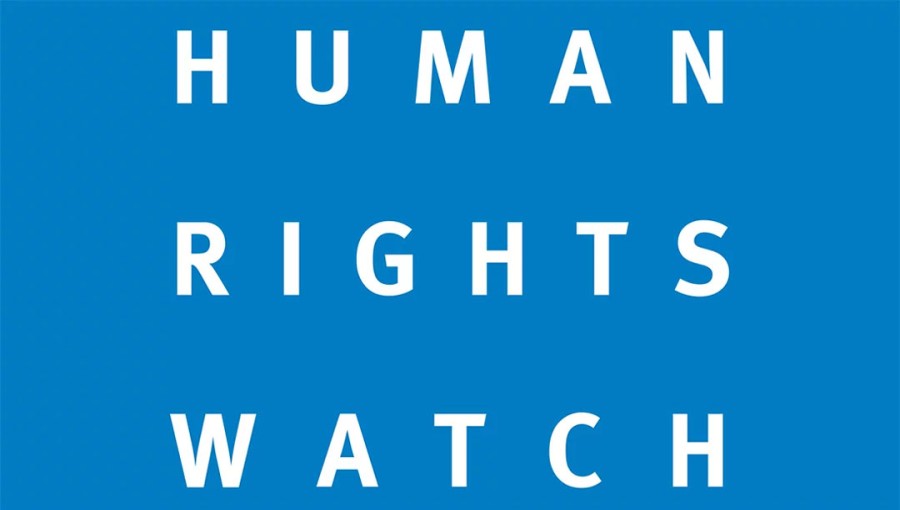
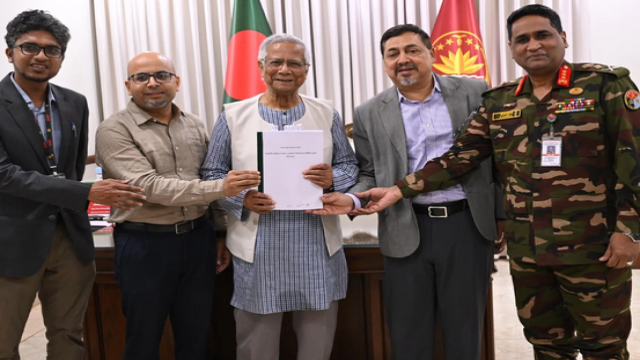
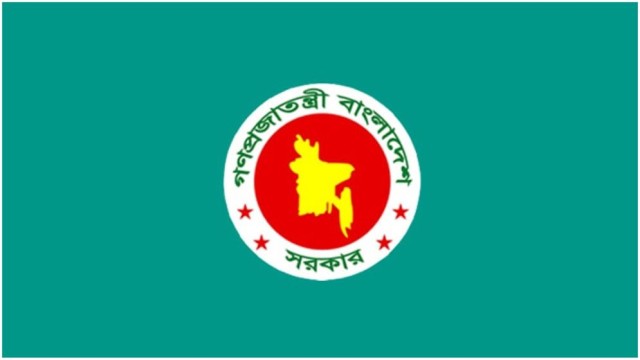
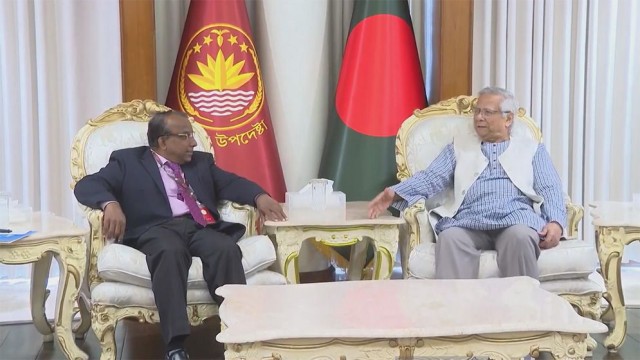
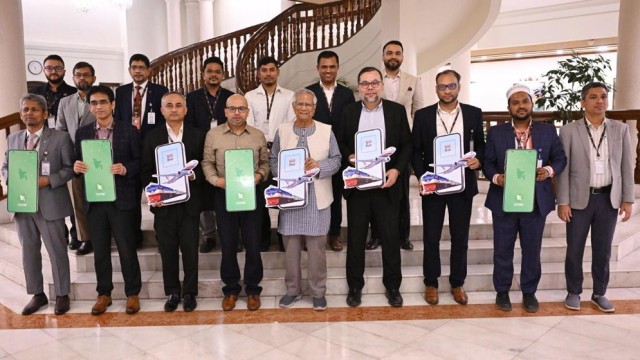
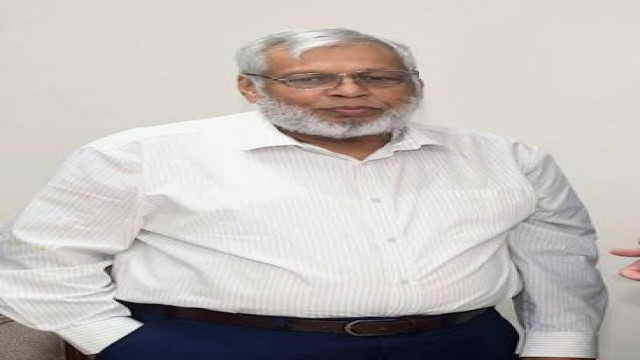
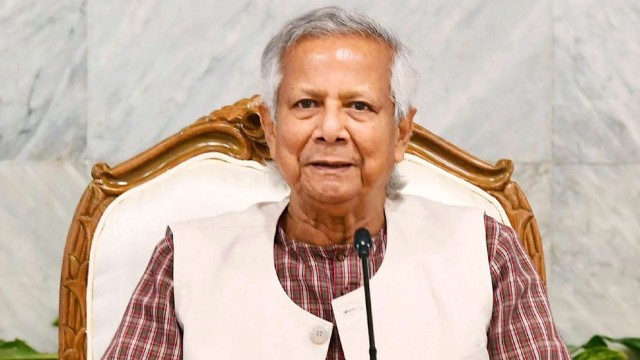
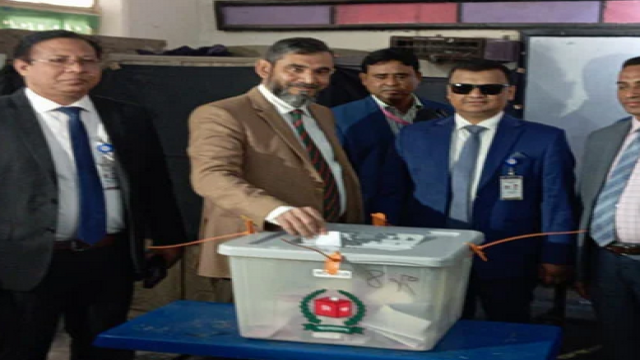
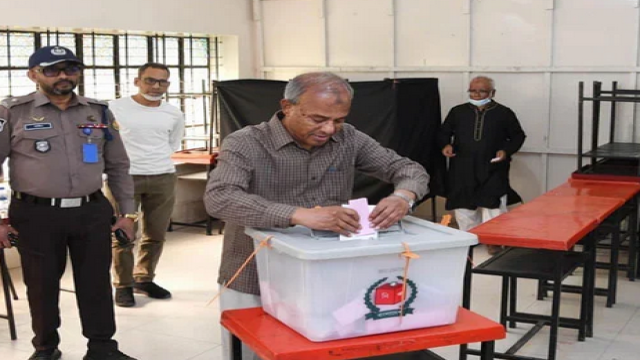
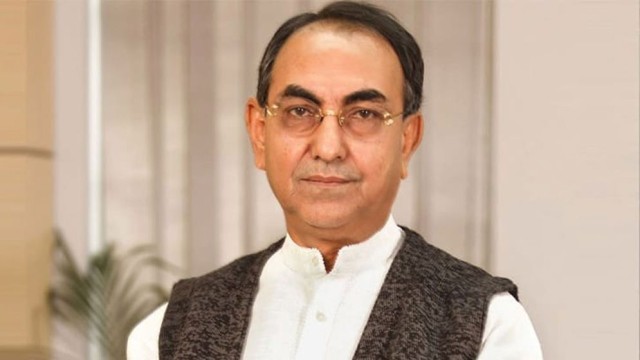
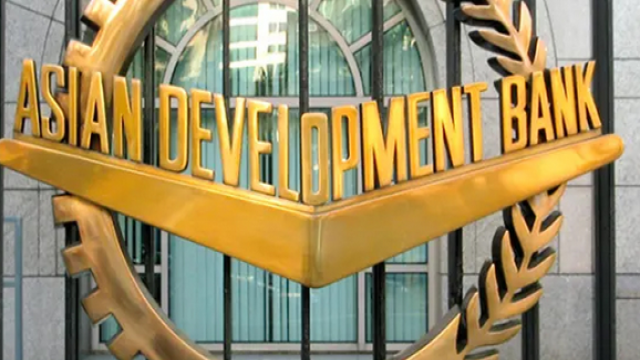
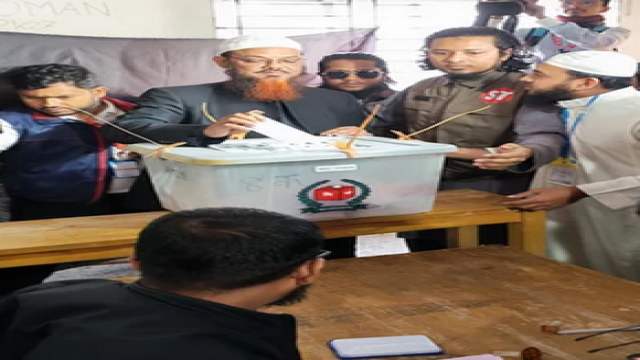

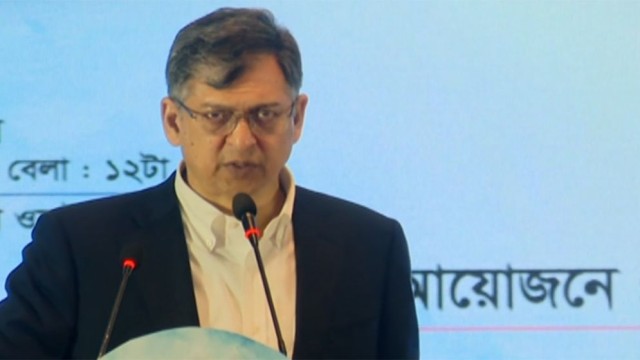
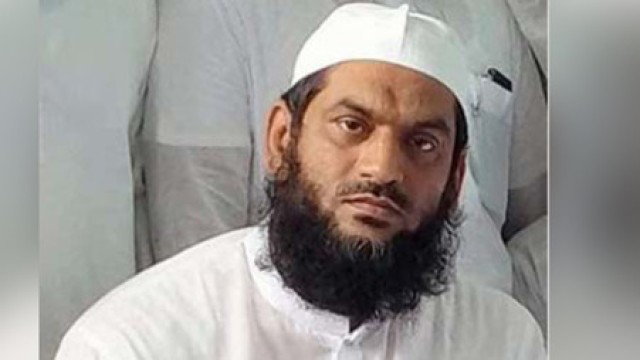

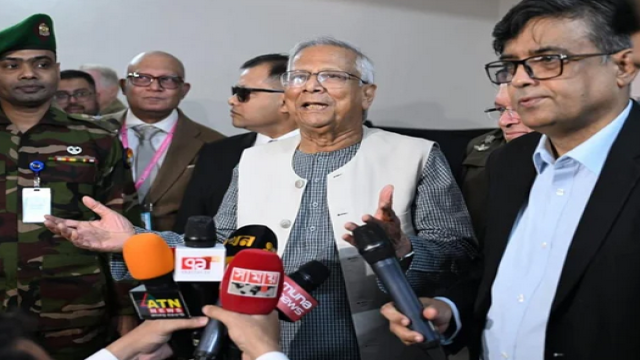











Comment: